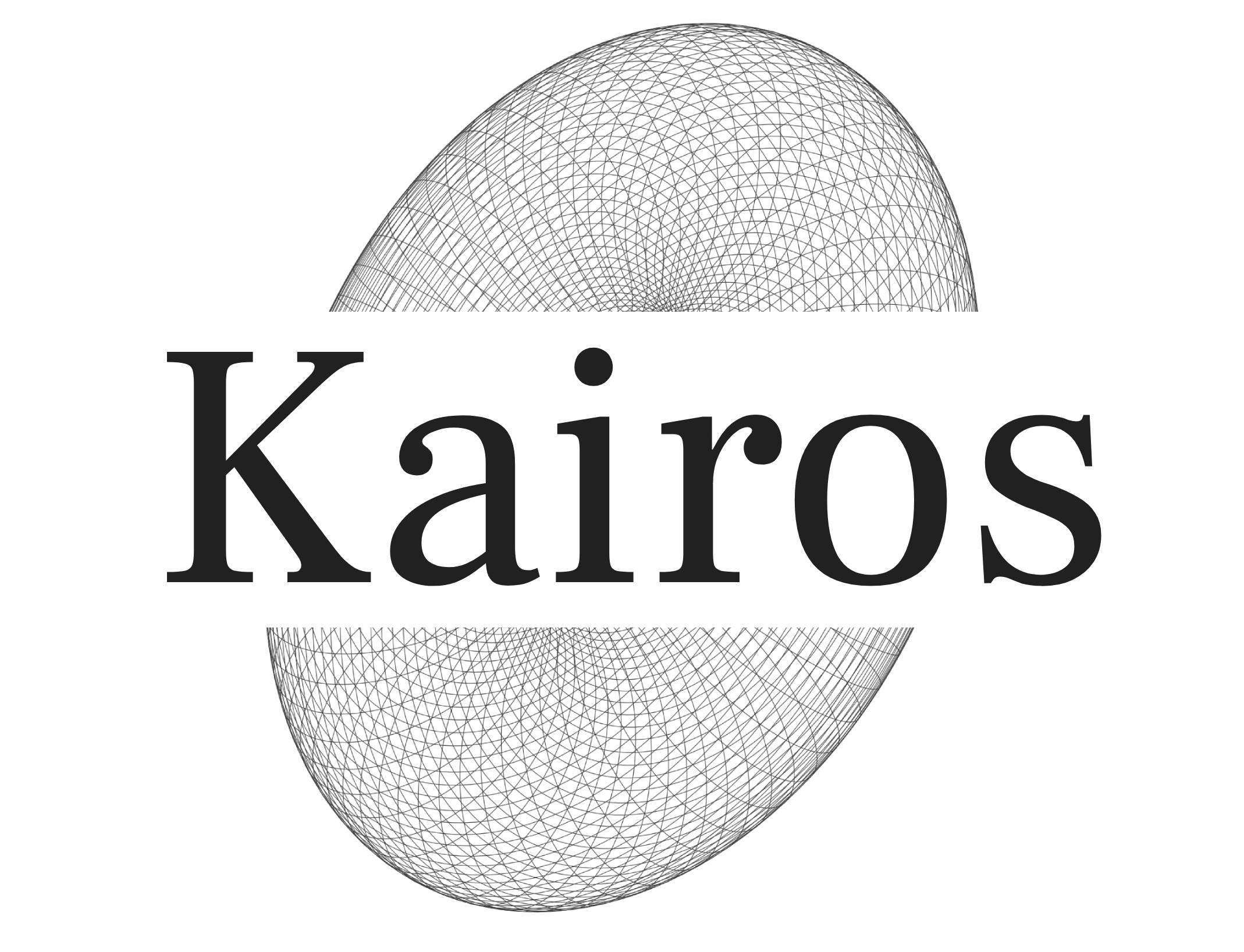DTC Genomics 2.0
Published
A confluence of factors makes DTC Genomics look promising once again.
Executive Summary
A confluence of factors makes DTC Genomics look promising once again. As shown on our Sequencing Hub, in the past 12 months the monopoly on DNA sequencing previously held by Illumina has been broken by new entrants. Furthermore, the exit of the primary incumbent 23andMe leaves a gap.
A new startup in this area, focused on remedying the mistakes of 23andMe, could have great potential.
Learning from 23andMe
As we explored in depth in the 23andMe post mortem, there were fundamental issues throughout the lifetime of 23andMe. The primary causes of bankruptcy were:
- Fatally flawed business model: 23andMe never provided persistent value to the consumer. Their initial goal of health insights had little pull from the market. Genomics data being immutable meant convincing users to pay a monthly fee was difficult. Their health insights were of dubious reliability and unusable by downstream clinicians.
- Gross financial incompetence: Administrative and general expenses were greater than their cost of revenue. R&D money was plowed into therapeutics that never materialized.
- Disastrous acquisition: Cognizant of their flawed business model, 23andMe spent more than the book value of the company on a telehealth company that they had to write down to ~10% of the purchase price only 2 years later.
Repairing the business model
The crux of the failure of 23andMe was the information-implementation gap, the inability for consumers to make meaningful changes from the information provided by 23andMe. If you learn that you have much higher risk of Alzheimer's disease, there aren't many meaningful changes you can make. Furthermore, it can cause consumers health anxiety.
There are 2 primary areas a new startup could focus upon, to translate the genomics information into actual actionable information:
- Wellness - 23andMe was initially focused on health insights, and transitioned to Ancestry as the business progressed. A new startup in this area could focus on holistic wellness, rather than just health "insights". This could consist of initial genomics profiling, bi-annual blood tests, fertility platform and more. Genomics informed blood test frequency (e.g higher propensity for high cholesterol translates into more frequent lipid tests etc). Inflections like the Bryan Johnson "Don't Die" movement highlight the mental transition from "Curative to Preventative" in the public mindspace. Further avenues could be wearable and medical device integrations (CGM etc).
- Fertility - Young, educated, wealthy couples are becoming more conscious of PGT from providers like Orchid Health and LifeView. However, these services are deeply intertwined with IVF. Young couples who are considering conceiving naturally could do a paired WGS test to understand if PGT is the correct route for them.
Inflections
What underlying factors have changed since 23andMe was founded in 2006?
- Cost of Whole Genome Sequencing has dropped ~200x since 23andMe was founded: This means that the "clinically irrelevant" insights provided by 23andMe are now undeniably valid for downstream clinical use.
- Public opinion on Preventative vs Curative Health: Bryan Johnson's "Don't die" movement is totemic of the shift in public opinion to taking control of your own health. Detecting and fixing issues before they manifest is crucial.
- AI moment: It's become abundantly clear that the only bottleneck on capabilities is dataset scale. If a company can obtain a large enough human genomics dataset, then fundamental breakthroughs and insights are within reach.
Competitors
- Nucleus Genomics: Nucleus offers DTC Whole Genome Sequencing (WGS) powered by Illumina sequencing machines. They allow you to determine 900+ genetic conditions, and offer genetic counselling. They do not have any preferential terms with Illumina. Priced at $499 + $39/yr membership. The $39/yr membership highlights how they have not yet cracked providing persistent value. Nucleus has earned CLIA certification and is pursuing CAP accreditation for its WGS informatics laboratory.
- Orchid Health: IVF + PGT testing for couples. CLIA/CAP certified laboratory and in house genetic counselors. Reported $1100 for couples report. Embryo screening at $2,500 per embryo. Total cost $12,000.
- Heliospect Genomics: Genomic prediction for desirable traits. Early stages.
- Function Health: Annual blood tests screening for health concerns, lifetime management. $499 single payment.
- Genomic Prediction: Long time player in the space, Stephen Hsu. PGT Embryo Screening.
- Ancestry: SNP Genotype array (not whole genome). SNPs purely for understanding geographic heritage and trait likelihood for $79.
